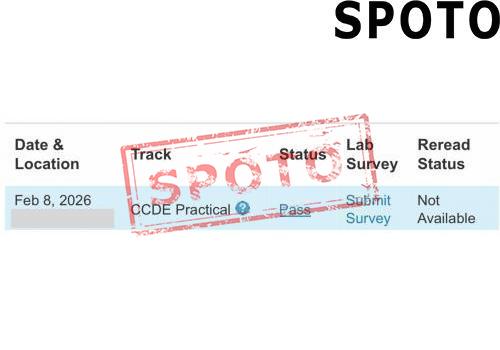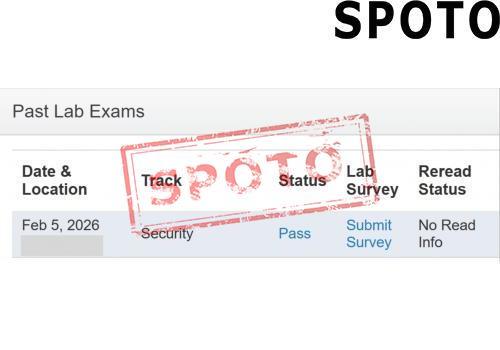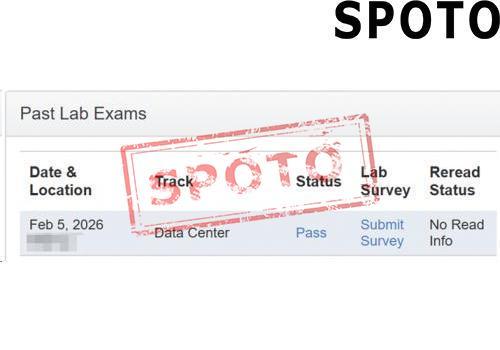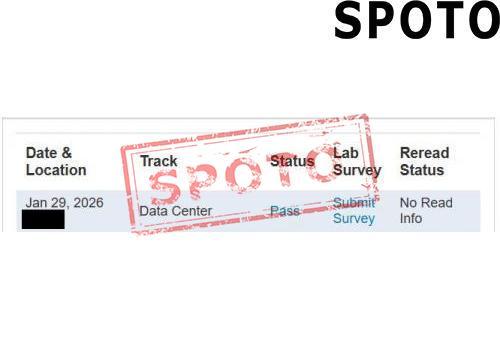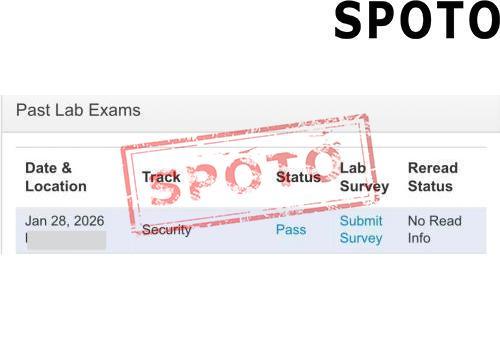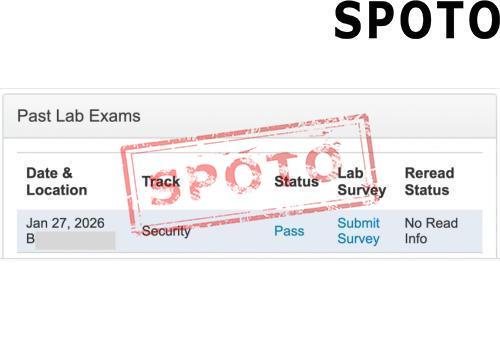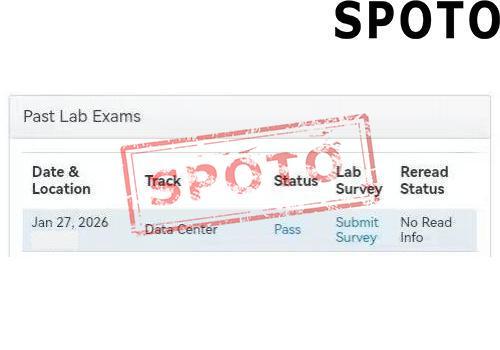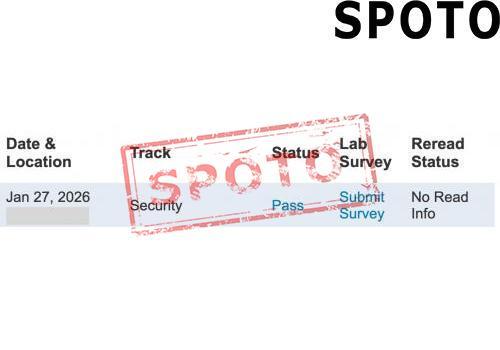
When pursuing the Cisco Certified Internetwork Expert (CCIE) certification, one of the most pivotal decisions you'll face is choosing the right track. Two of the most popular and impactful paths are CCIE Enterprise Infrastructure and CCIE Security. Each offers unique challenges, focuses, and career opportunities, making your choice crucial to your professional trajectory.
In this guide, we'll compare these two tracks to help you make an informed decision.
Focus Areas of Each Track
CCIE Enterprise Infrastructure
This track emphasizes advanced networking concepts required for designing, deploying, and optimizing large-scale enterprise networks. Key focus areas include:
- Routing and Switching: Advanced protocols like BGP and OSPF.
- Network Design: High-availability architecture, scalability, and redundancy.
- Automation and Programmability: Tools like Python, Ansible, and Cisco DNA.
- Software-Defined Networking (SDN): Solutions such as Cisco SD-WAN and ACI.
CCIE Security
This track centers on protecting networks from modern cyber threats and building robust security frameworks. Its primary focus areas are:
- Network Security Fundamentals: Firewalls, VPNs, and intrusion prevention systems (IPS).
- Advanced Threat Defense: Malware protection and advanced threat analytics.
- Identity and Access Management (IAM): Implementing secure authentication systems.
- Secure Network Design: Building networks with security as a core priority.
Required Skills and Knowledge
CCIE Enterprise Infrastructure
- Strong grasp of routing, switching, and IP addressing.
- Experience with SDN and network automation tools.
- Practical skills in troubleshooting complex network topologies.
- Knowledge of QoS, multicast, and WAN optimization.
CCIE Security
- Deep understanding of security protocols, including SSL/TLS, IPSec, and 802.1X.
- Proficiency in configuring and managing Cisco firewalls and security appliances.
- Familiarity with threat detection systems and vulnerability management tools.
- Knowledge of regulatory compliance frameworks like GDPR and HIPAA.
Career Opportunities
CCIE Enterprise Infrastructure
Professionals in this field often secure roles such as:
- Network Architect: Designing large-scale enterprise networks.
- Infrastructure Engineer: Managing and optimizing network performance.
- SD-WAN Specialist: Implementing software-defined WAN solutions.
These roles are typically found in industries such as finance, manufacturing, and technology, where large, complex networks are critical.
CCIE Security
Security specialists are in demand due to the rise in cyber threats. Common roles include:
- Cybersecurity Architect: Developing and implementing security frameworks.
- Security Operations Engineer: Monitoring and responding to security incidents.
- Risk Analyst: Evaluating and mitigating security vulnerabilities.
Industries like healthcare, government, and financial services heavily rely on security professionals to safeguard sensitive data.
Demand in the Market
CCIE Enterprise Infrastructure
With organizations increasingly adopting SD-WAN and cloud-based solutions, demand for enterprise infrastructure experts continues to grow. Companies require professionals capable of modernizing traditional networks while ensuring seamless scalability.
CCIE Security
The cybersecurity sector is experiencing exponential growth, driven by an ever-evolving threat landscape. CCIE Security professionals are highly sought after to prevent data breaches and secure digital assets, making this field a consistently hot market.
Exam Difficulty
Both tracks are notoriously challenging, requiring extensive preparation and practical expertise.
Enterprise Infrastructure Lab Challenges
- Complex routing and switching scenarios.
- Integrating SDN solutions into traditional networks.
- Mastering network automation scripting.
Security Lab Challenges
- Configuring and troubleshooting advanced security systems.
- Implementing secure network architectures.
- Detecting and responding to simulated threats in real time.
Deciding Factors
- Your Interests: If you enjoy building and optimizing networks, Enterprise Infrastructure is your path. If you're passionate about safeguarding systems and fighting cyber threats, Security is a better fit.
- Job Market Preferences: Security roles are booming, but Enterprise Infrastructure still offers strong career stability and opportunities.
- Future Goals: Consider how each certification aligns with your long-term aspirations. For example, Security may pave the way to specialized cybersecurity roles, while Enterprise Infrastructure can lead to high-level architecture positions.
Conclusion
Both CCIE Enterprise Infrastructure and CCIE Security are prestigious certifications that open doors to advanced roles in the IT industry. The choice depends on your personal interests, career goals, and the type of challenges you wish to tackle. Whichever track you choose, the CCIE journey will enhance your skills and establish you as a top-tier networking professional.
